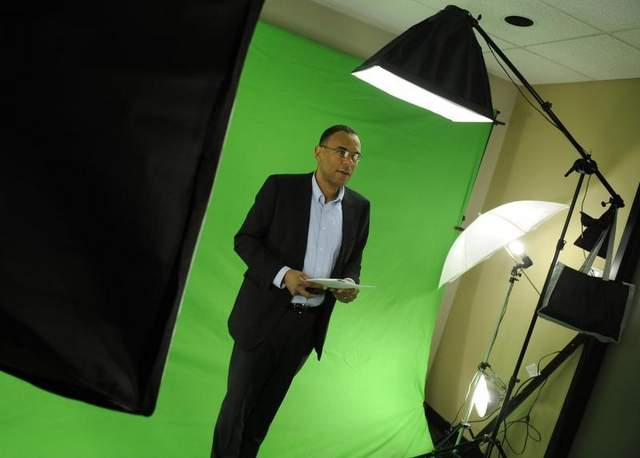To Make the Most of Technology, Bake It Into the MBA Teaching Experience
Technology is disrupting higher education — for the good. In the past year, we have seen universities from Stanford to MIT offering free on-line courses to thousands of global students. At Vanderbilt’s Owen Graduate School of Management, Professor David Owens offered his popular innovation class earlier this year on Coursera to over 45,000 participants. Many have hailed these massive open online courses (MOOCs) as the democratization of education and the end of traditional university classes — particularly those introductory classes filled with 400 students. Who would want to sit in MGT 101 at 8 a.m. with hundreds of sleeping students when you could watch some of the world’s best faculty at your convenience? I say this is a good disruption! The cost of bringing faculty and students together in a campus setting is simply too high to continue delivering one-way lecture experiences.
However, that doesn’t mean schools should fear these technological advances. Such material can be packaged and delivered on-line at much lower costs, opening time in traditional campus settings for experiences that add far higher value. Here, technology is fueling change in three key areas: enhancing in-person experiences, changing the content of those experiences, and driving innovation in teaching methods.
For years, technology has been improving physical classroom experiences. Video and other media found its way into the MBA classroom over 20 years ago. Case discussions were enhanced by bits of media and by the possibility of bringing remote speakers into the discussion — either live or with a video recording. PowerPoint, live polling, and video conferencing are staples of today’s classroom. Technology will continue to enhance experiences in the classroom through things like augmented reality and seamless virtual-physical participation. While such enhancements are exciting, changes in classroom content also offer the potential for even greater learning value. By moving introductory or review material into a web-delivered format, faculty can quickly move classes to more advanced material or focus on areas where students are struggling. This structure benefits both the students who need more review and the students who are ready to push ahead.
Besides changing the content of a class session, technology can facilitate innovation in the underlying teaching methods. A good example of such pedagogy innovation can be found at Owen in Luke Froeb’s Managerial Economics course. He uses short video lecture supplements to move introductory material out of his classroom setting. This opens time in the class sessions, allowing him to take a different approach to the remaining material. Instead of simply lecturing on economies of scale to sleeping students, Prof. Froeb has them prepare for class using his web-supplements and then challenges them in class with a real-life problem of economies of scale. Students discuss the problem and work together to solve it. This notion of “flipping of the classroom” creates extraordinary learning opportunities in many subjects.
Last week I visited Harvard Business School to see its latest pedagogy innovation called Field. The yearlong segment in the first year emphasizes experiential learning. At Vanderbilt’s Owen School, experiential learning lies at the heart of our curriculum innovation, so I was particularly interested in the Harvard experience. In one segment, HBS puts students and faculty together into a unique physical environment with the goal of moving the needle on leadership and teamwork capabilities. To help accomplish that goal, HBS has developed a space called the “Hive” that combines technology and simple in-the-round classrooms. The simplicity and flexibility of the environment allows the faculty to seamlessly maneuver between 21st century technology-enabled learning experiences and good old-fashion small group interaction.
Like many of the best uses of technology, it is baked into the pedagogy — not front and center. But it is through such innovations that residential MBA programs will continue to deliver unparalleled student transformation.

Responses
July 10th, 2013
Eric,
Happy to see you are reinvigorating such terrific approaches. My students and I greatly enjoyed being at the forefront of PowerPoint, presentation, writing, and video mastery–and I loved seeing them blow the socks off competitors by winning more than 20 national case competitions. Also hear from them almost daily sharing how speaking, video (I taught them to master video briefing and storytelling), dynamic writing, and active listening, plus best PowerPoint and tech practices, advanced their careers.
Glad Owen is getting back on the best path. Wishing you super success!
Fred T.
Leave a Response